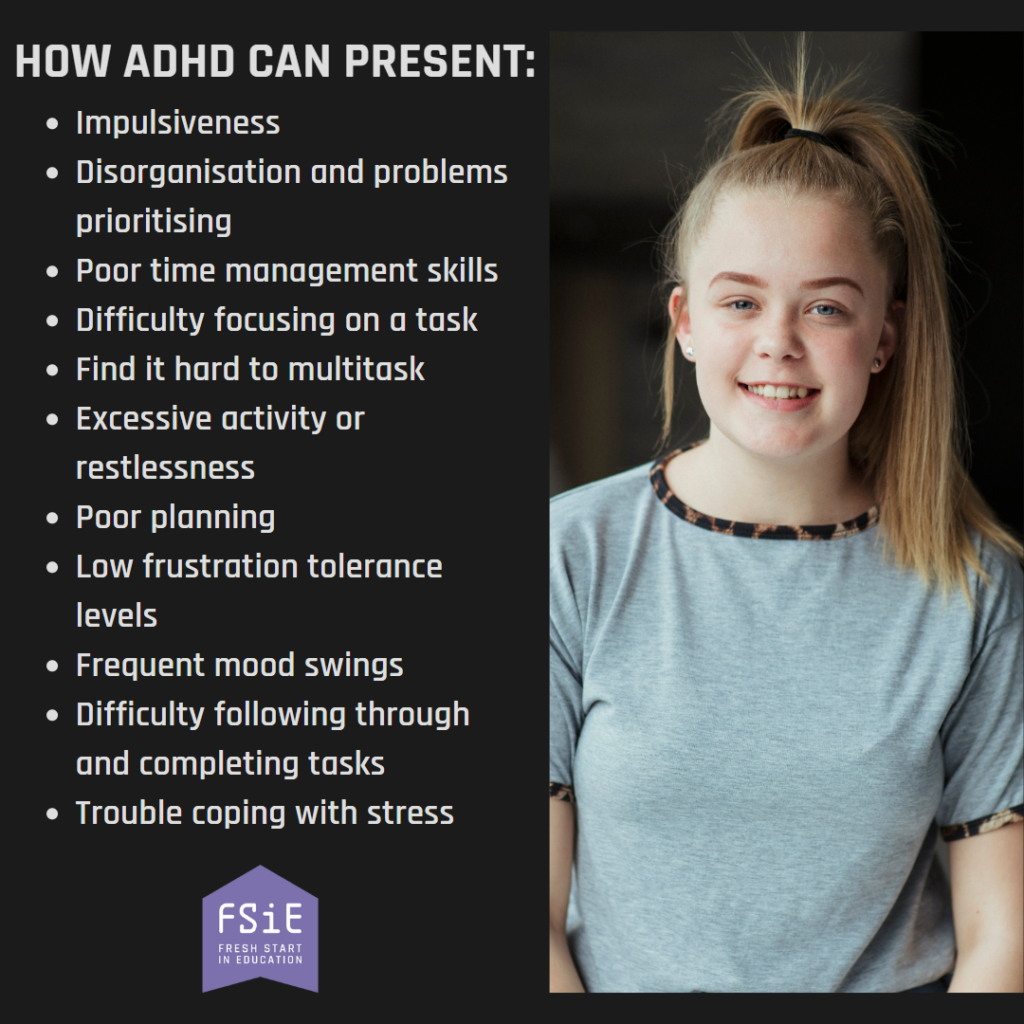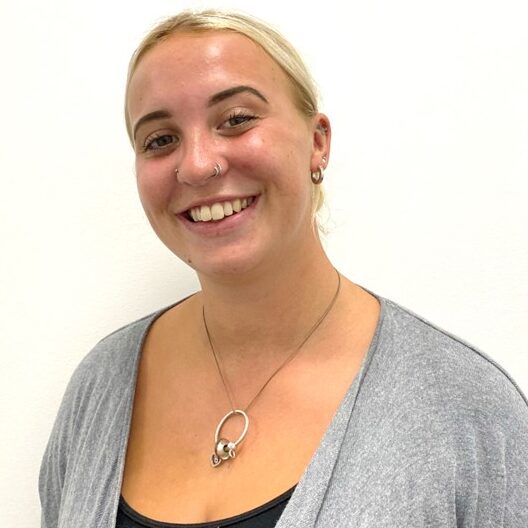What is ADHD?
Attention Deficit Hyperactivity Disorder (ADHD) is a neurodevelopmental disorder that affects people's behaviour. People with ADHD can seem restless, may have trouble concentrating and at times may act on impulse.
What does behaviour mean?
The word behaviour is commonly misconceived. You say the word behaviour and people think of this word in a negative way. However, behaviour is described as; ‘the way in which one acts or conducts oneself, especially towards others’. This can be interpreted in the wrong manner and is commonly used when someone is ‘misbehaving’.
The word behaviour is an incredibly positive word that we don’t relate to enough in this way, for example: kind behaviour, good behaviour, and polite behaviour.
The stigma around ADHD has become an untrue representation of what life is like with ADHD and what an individual with ADHD is really like. When you think of ADHD what’s your first thought? I asked a small number of people, they replied “angry”, “annoying”, “dangerous behaviour”, “bad tempered” or “out of control”.
Keep reading to learn more about ADHD and the different aspects of how it can present, and maybe have your thoughts and perceptions challenged!
What is life with ADHD like?
Life with ADHD is different for everyone. ADHD is an invisible condition, it isn’t noticeable to the eye. From my experience working with children and young people with ADHD it can present in several ways and in many cases, it doesn’t just present as angry or aggressive behaviour.

ADHD can be categorised into 2 different types of behaviour. One being inattentive meaning they have difficulty concentrating or focusing – which I’m sure is relatable to most of us at some point. The second category is hyperactivity and impulsiveness meaning they struggle to sit still in certain environments, usually a quiet or calm place. This can leave them finding it difficult to concentrate on tasks, feeling like they need physical movement and commonly finding it difficult waiting which in turns leads to frustration.
What can we do?
For children and young people this can really impact their education, leading them to feel like they have failed. In my experience, children and young people that fall into this category have every ability to succeed but perhaps in a different way, with a more hands-on, proactive approach. Working within the special educational needs sector for a number of years, I have seen that within active classes or by using different teaching techniques, for example, Forest School, that these young people have the chance to be themselves and are given the opportunity to feel valued for who they are. Forest school is a multi-sensory and activity based learning approach that can give children and young people the motivation, confidence and concentration to learn. Similarly, an alternative provision setting, such as Fresh start in Education, can help them to gain more independence, reduce anxiety, build their communication skills and develop resilience. By taking their personal needs into consideration this is giving children and young people the devotion, support and opportunity to succeed in a way that works for them.
What is a person with ADHD really like?
Working with children and young people in a professional capacity and also within my personal life I've noticed first-hand how misunderstood ADHD is and believe it is important to raise awareness and help remove the stigma around it. Every individual is unique and presents differently but the most important thing I’ve learnt is that children, young people and adults that have ADHD are some of the most kind-hearted and caring people but they have been labelled as ‘naughty’, ‘angry’ or ‘unapproachable’.
Looking at angry outbursts from a different perspective can help you to see that it is their way of communicating what they might be struggling with but can’t find the words or right person to express that too. For many young people with ADHD the feeling of being trapped, especially within a classroom or building, can cause them to feel overwhelmed. Providing children and young people with an open, quiet space to retreat to can be one of the most simple, yet important adaptations we can make.
What is it like for a parent/carer of an ADHD child?
Working in collaboration with parents has been a big eye opener. Talking to a Mum of a child with ADHD she said she feels ashamed of telling people or talking about the difficult times with her child due to thinking people would look at them and her differently. She expressed the guilt that comes with this but when a society has labelled something to be so negative, it’s hard to openly tell people this without feeling a sense of judgement.
For a parent, they see the most unregulated side of their child - it is common knowledge that for most children, a parent, carer or guardian is their safe place. However, for a parent of a child or young person with ADHD this can mean they are on the receiving end of the real struggles that ADHD can present. With little guidance and understanding given to people regarding ADHD, this is one of the biggest struggles for a parent. Feeling like a failure, helpless, guilty, and frustrated are just some of the feelings a parent may have.
Understanding ADHD
ADHD isn’t a negative subject; it is something that needs to be perceived in a more positive light and recognised for how truly amazing these children, young people and adults are. Kindness and understanding to anyone with ADHD can make the world of difference.
In a world where you can be anything, be kind.
Caroline Flack

Michaela is a Staff Education Specialist with Fresh Start in Education. Michaela has experience working with young people of all ages, both in school and residential settings.